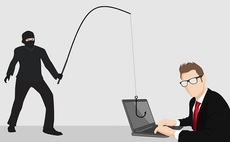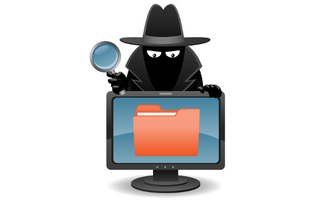Figures by Get Safe Online suggest people are feeling more vulnerable to cyber crime
One in five people affected by cyber crime believe that they've been specifically targeted by criminals and many more feel vulnerable to the potential threat of hackers and cyber fraudsters, resear...
To continue reading this article...
Join Computing
- Unlimited access to real-time news, analysis and opinion from the technology industry
- Receive important and breaking news in our daily newsletter
- Be the first to hear about our events and awards programmes
- Join live member only interviews with IT leaders at the ‘IT Lounge’; your chance to ask your burning tech questions and have them answered
- Access to the Computing Delta hub providing market intelligence and research
- Receive our members-only newsletter with exclusive opinion pieces from senior IT Leaders





















